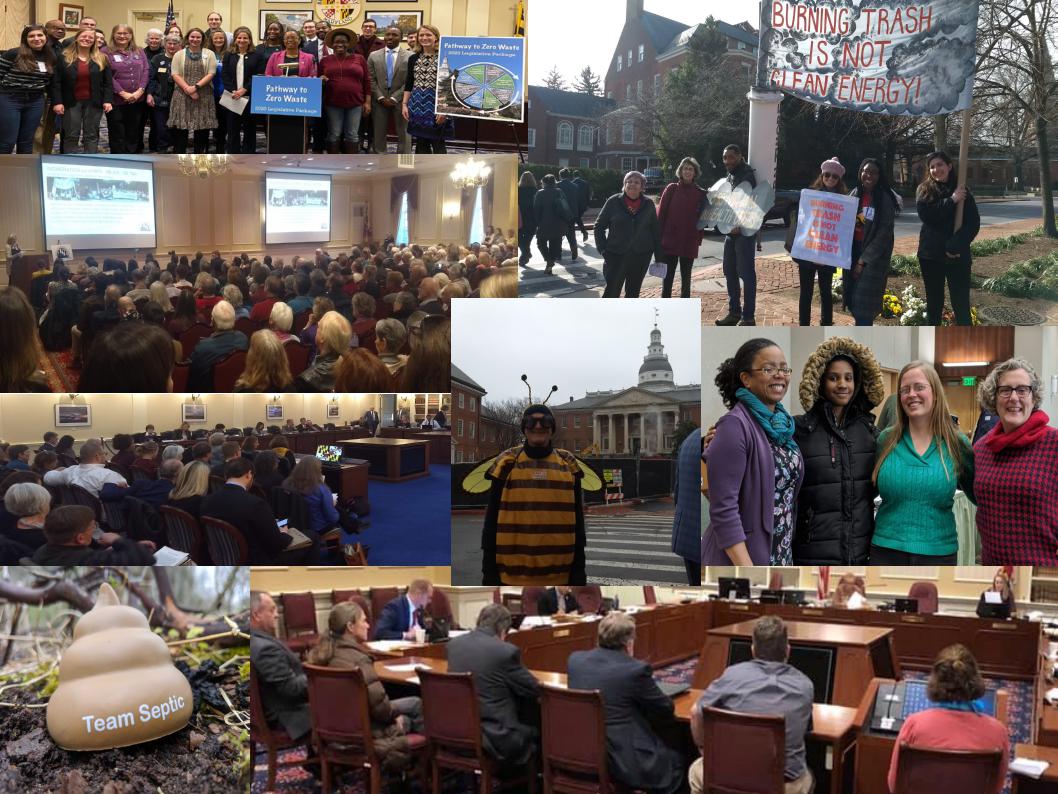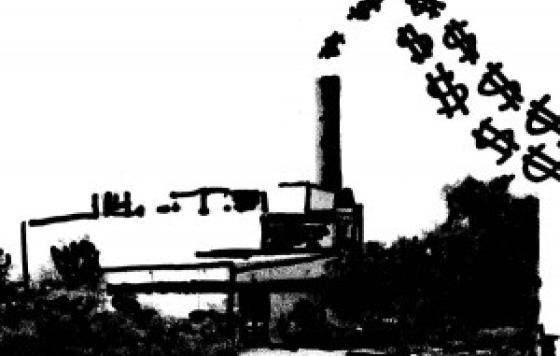
I hope you and your loved ones are staying safe in the midst of this Covid-19 emergency. While our offices are closed, our dedicated staff are safely working at home. We continue to remain active on important environmental legislation in Maryland and wanted to provide a quick update.
Last week, for the first time since the Civil War, Maryland's legislative session adjourned early. It was a hard decision for legislative leadership to make, but with rapidly deteriorating conditions and clear evidence of community-spread it was one that had to be made.
What does this mean for legislation we were supporting?
- Chlorpyrifos: Maryland's General Assembly did fully pass this legislation to ban chlorpyrifos!
- Licensing for Septic Industry: We worked on two bills on septic system safety this year. SB254 would have created a licensing system for the people who inspect a septic system when a home is being sold. The Senate passed this bill 44-1, but unfortunately the House did not have time to consider it. Likewise, HB136 would have set up a board to craft a licensing system more broadly across the industry. The House passed this bill 96-4, but unfortunately the Senate did not have time to consider it. We'll keep working with fellow environmental groups, the industry, and regulators to push for better septic systems in the 2021 session.
- Trash Incineration and Zero Waste: Our priority legislation about solid waste encountered not just a time crunch, but staunch opposition from industry groups. HB179, to stop classifying burning trash as recycling, was broadly supported but did not have time to clear its two committees before the abbreviated deadline. But HB589, to phase in a requirement that large food waste producers keep their food waste out of incinerators and landfills, and HB438/SB560 to end "renewable energy" subsidies for trash incinerator companies faced an uphill battle with staunch opposition from industry representatives and some elected officials. We will continue working with local partners to push for zero waste efforts for the rest of 2020 and come back stronger in 2021.
Many other environmental bills faced similar fates, where we would have expected movement except for the new crisis of COVID-19. While many of these initiatives will return in 2021, for now please take care of yourselves.
While normally our legislative wrap ups stay strictly focused on legislation, we do want to take this time to remind everyone that even though paper towels, baby wipes, and other paper-like products may seem like appropriate substitutes for toilet paper, it is important that you do not flush them.
Toilet paper, unlike these products, is designed to disintegrate in pipes, where it can move through and be treated at a wastewater treatment plant. Paper towels, baby wipes, and even those "flushable" wipes do not, leading to enormous problems for municipal water systems, your private septic system, or your pipes.
Thanks for all you do! Please reach out if you have a local issue we should connect with or if you have any additional questions or concerns.


